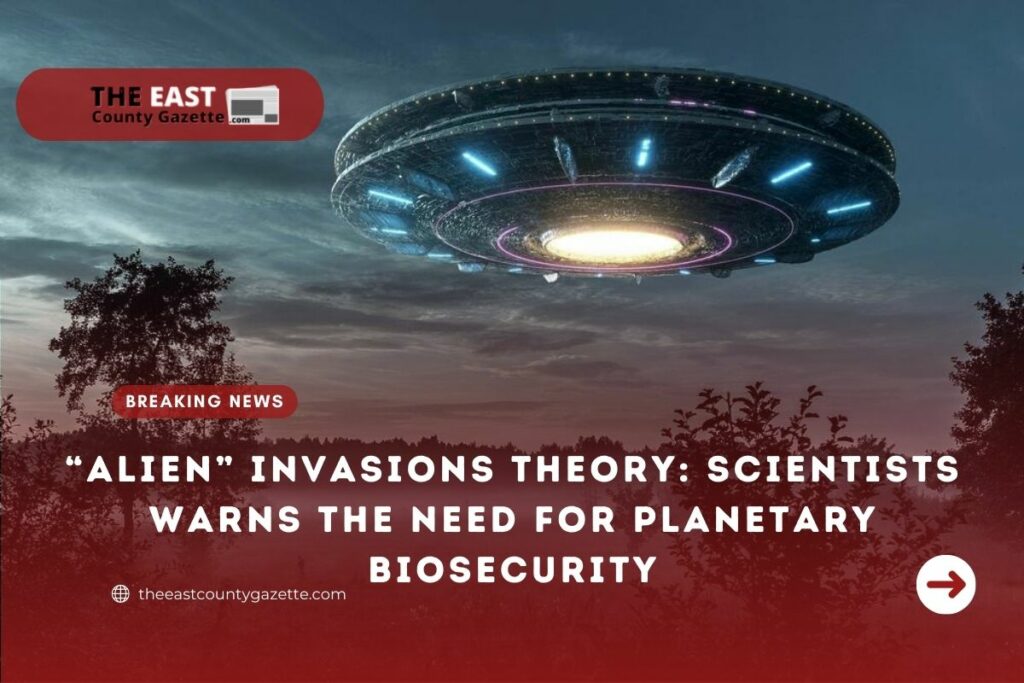There is a new risk associated with the era of space exploration: invasion.
No little green men are coming to Earth on flying saucers but rather microorganisms are contaminating Earth from extraterrestrials and vice versa.
A study by Anthony Ricciardi and colleagues in BioScience looks at the danger these organisms pose and what can be done about it.
Both ecosystems and human health are at risk from biological contamination, the authors warned.
“Owing to their massive costs to resource sectors and human health, biological invasions are a global biosecurity issue requiring rigorous transboundary solutions,” Ricciardi and colleagues asserted.
And that threat is more imminent than it was expected.
Although space agencies exercise a lot of caution regarding microbes.
“Bacterial strains exhibiting extreme resistance to ionizing radiation, desiccation, and disinfectants have been isolated in NASA ‘clean rooms’ used for spacecraft assembly,” the researchers said.
“Research in invasion science has produced novel insights for epidemiology, rapid evolution, the relationship between biodiversity and community stability, and the dynamics of predator-prey and parasite-host interactions, among many other concepts,” claimed Ricciardi and his colleagues.
Read More: Latest Research Shows Link Between Covid-19 and Mental Illness
There is a Possible Solution to this Alarming Problem
According to them, “Protocols for early detection, hazard assessment, rapid response, and containment procedures currently employed for invasive species on Earth could be adapted for dealing with potential extraterrestrial contaminants.”
The scientists have drawn insights from invasion science that can be applied to space biosecurity issues.
Furthermore, invasion biology has shed light on the difficulty of forecasting invasions and that early detection plays a crucial role in managing microbial threats.
According to Ricciardi and colleagues, real-time portable DNA sequencing systems, in conjunction with organismal toxin databases, could expedite the response process.
In spite of their importance to space biosecurity, invasion biologists have not been included in the planning of the Committee on Space Research.
The situation should change soon, the authors contend, since “greater collaboration between invasion biologists and astrobiologists would enhance existing international protocols for planetary biosecurity—both for Earth and for extraterrestrial bodies that could contain life.”

